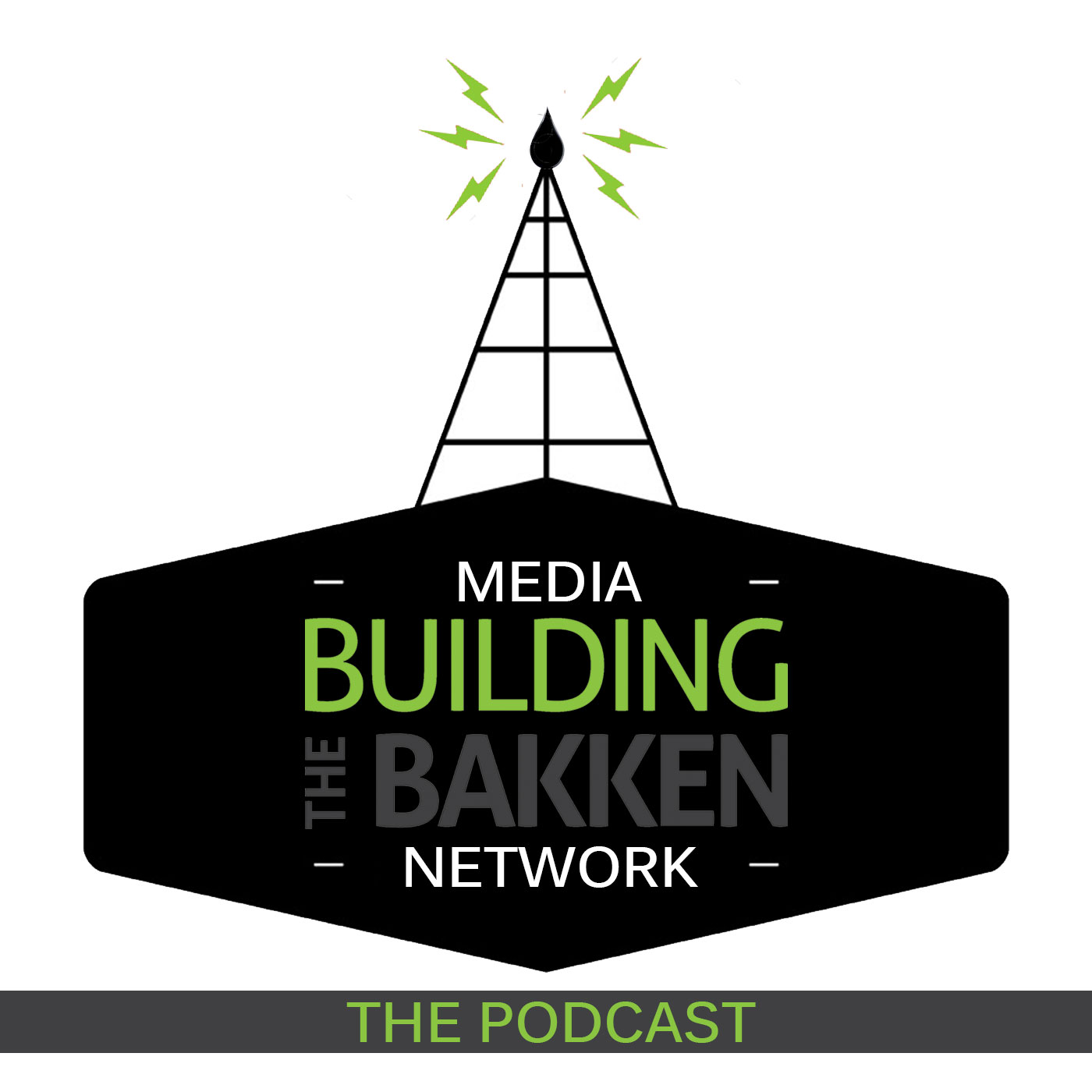

Interviews: Jeff Zarling, Nancy Hodur, Joe Diamico, Kevin Holten, Dean Bangsund, Jason Luithle, Ross Myran and Bryan Lange

Building the Bakken Radio Episode 3 Segment 1: Bakken Housing
High rents, lack of rooms, harsh winters, regulations, crew camps and other factors funnel into the housing industry in the Bakken.
Williston resident and DAWA president Jeff Zarling said he lives the oil activity every day. His kids go to school with the kids of the people so he relies on “ear to the ground information.” Zarling talked about how he has been hosting Bakken conferences and speaking across the country.
Zarling said his firm knew a year ago the hotel market was softening and investors would become upset with him over the claim due to the high hotel occupancy. Zarling adding the same companies who are occupying the hotels were taking out building permits and constructing their own lodging. Zarling said the movement of companies using hotels as apartments is ending or in some cases has already ended.
Zarling said one of the biggest business myths in Williston right now is that the housing market is starting to soften. Zarling said there is a healthy housing market there in certain sectors. He said there is a market for town homes and condos and other service sector housing.
Williston has an aging population who will need affordable housing over the next five to ten years. The lack of affordable housing options has created a situation where transient workers are hesitant to make a long term financial commitment to North Dakota by purchasing a high risk home.
Zarling said some developers are starting to find it difficult to move single family homes because the house is in a neighborhood that is surrounded by homes filled with oil patch workers. He said, “they are not in neighborhoods, they are in crew camps in an R1 zone. Some developers are finding it difficult to market product because neighborhoods look like “frat houses in an R1, the only difference is that instead of Greek symbols on the wall you have company logos on the trucks.”
Zarling said when a neighborhood becomes inundated with oil patch workers, developers have trouble even selling a lot because of bad public relations. Zarling said development names get changed to “derogatory” ones that are named after the company housed there – for example instead of Harvest Hills, it’s ABC Hills.
Zarling said this is a “short term vs. long term” deal and cited the hotel industry as an example. The successes they have seen due to the housing issues is deceptive because now that traditional housing is coming online the hotel industry is now around 60-70 % in some areas are are seeing a vacuum, now having to build back that occupancy.



Leave a Reply